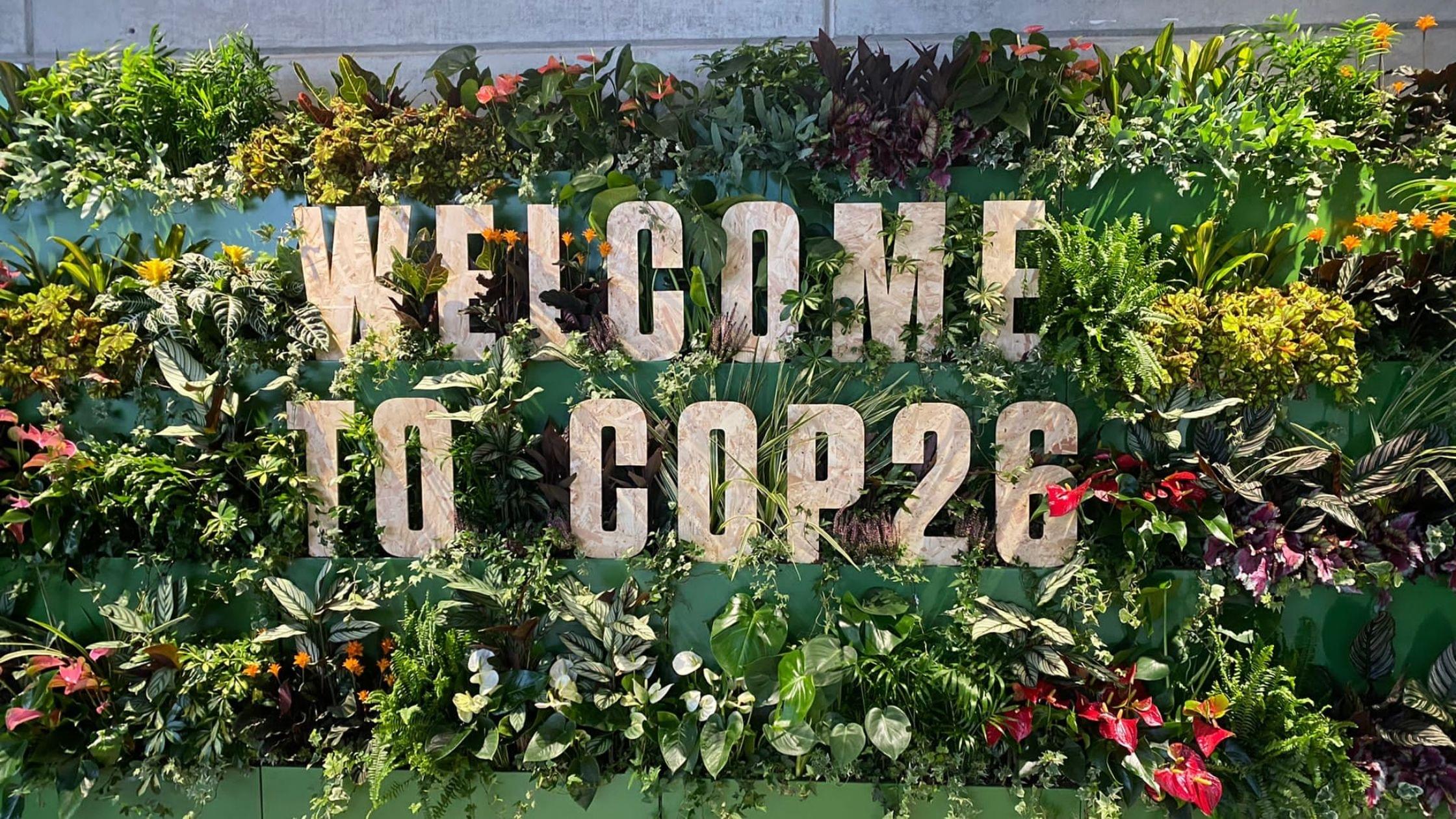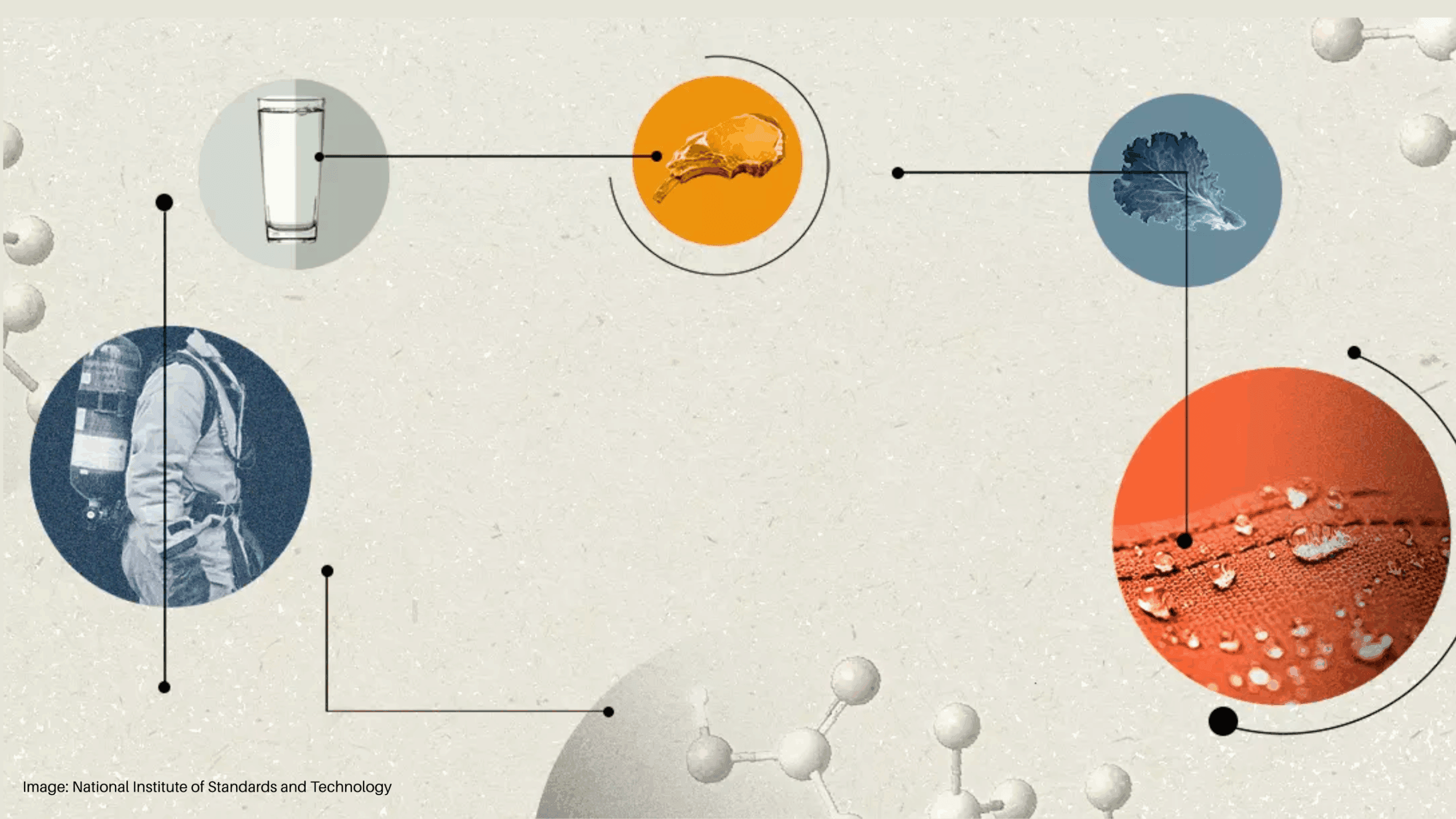Hair and beauty businesses can no longer afford to pay lip service to green issues. New research shows that beauty consumers are more conscious of their purchasing choices now than ever before, yet many beauty brands continue to “greenwash” shoppers by making misleading claims about the sustainability of their products.
At a COP26 side-event hosted by the Sustainable Beauty Coalition, a selection of influential panelists from across the beauty industry gave their tips on how business owners can make their businesses greener and their products more sustainable.
The panel: Jayn Sterland, managing director of Weleda UK; Jo Chidley, co-founder of Beauty Kitchen; Oriele Frank, chief product & sustainability officer and co-founder of Elemis; Michelle Feeney, founder of Floral Street; Jessi Baker, MBE and founder of Provenance; and Helen Cox, global environmental reporting lead at Lush.
- CONSIDER THE FIVE Rs
Oriele: “The five Rs are absolutely key. What can you remove? What can you reduce? What can you recycle? Can you refill or re-use? What about biodegradeability, what is actually going down the plughole? I realised there were some quick wins. We used to have lovely fitting magnets to close our boxes. We didn’t need magnets, so we got rid of them. Be nimble. I was recently looking at our cleansing cloth that came in a little plastic bag – we got rid of the plastic bag and now just tissue wrap it.” - THINK DIFFERENTLY
Michelle: “Do not start a brand or a product line, or launch anything, unless it can be planet positive. Anybody who wants to launch a business, you’ve got to think about the ingredients, how you put them together, how you package the product and who you work or partner with. Start-ups have the ability to think differently and act quickly. When I launched Floral Street, I went to 180-year-old paper mill in the in the Lake District which had never made pulp packaging for beauty products. Everybody said I was crazy putting a beautiful bottle in such packaging, but it worked.”
- TAKE YOUR TIME
Jayn: “Take your time to design and create your best product – even if it takes 10 years. The best seller for Weleda is a product we created in 1926, called Skin Food. So, think about every single thing that’s going into that product. Change everything that you can – and the things you can’t change, go back and change them over time. Make sure you get it right because 95% of all new products that get released onto the market are not around three years later.” - BE TRANSPARENT
Jessi: “Being open as a brand and being vulnerable on what you’re doing and the progress you’re making in an authentic way is very important. It is also really important to show the change you’re making in a credible way. One of the easiest ways to do that is working through with third parties through certifications – don’t just mark your own homework, get external credible accreditation.” - SET MEASURABLE TARGETS
Oriele: “If we don’t measure anything, how can we improve? There are science-based targets you can sign up to measure your carbon footprint. We worked with an agency and found that our biggest greenhouse gas emissions came from the consumer using our product – using three litres of warm water to cleanse their face or using as much as 35 litres in the shower.” - LESS IS MORE
Michelle: “In the past when you wanted to get into a high street store such as Boots, you needed had to have at least six products on the shelf to make it meaningful. That is no longer the case. Selling online means you can just have one product. Less is more can work – you can refill, you can create new concepts and engage with consumers on different levels.” - COLLABORATE
Jo: “We share the reusable stainless-steel bottles we produce with other brands. Consumers use it; they return it; it gets refilled; and then you repeat. So, there’s a cycle. This bottle is used by Elemis and it will be used by many other brands as well. It means that in terms of options for a brand like Elemis, it doesn’t have to lean as heavily on single use packaging. The reduction in carbon emissions has been phenomenal, highlighting the benefits of working in a collaborative way, sharing learnings and knowledge.” - THINK BEYOND PROFITS
Jayn: “Sustainability isn’t about consumerism or selling more. It’s about improving every element of what we do – from a product perspective, a business practice perspective and charity perspective. The purpose of business can be really effective in building communities and investing in society – not something that’s all about profit.” - UNDERSTAND YOUR CUSTOMER
Jo: “Build brand loyalty. Loyalty comes with trust, it comes with storytelling, depth and with authenticity. The industry has got the opportunity to make real change. But such change has to come with collaboration – and you have to understand your customer. That is just good business practice in any world – be it linear or circular.” - LISTEN TO GENERATION Z
Michelle: “Younger people and the students are leading on the way that they’re questioning and pushing things forward. They’re asking all those questions at the very beginning of the process. Over my career, I’ve learned to listen but I’m learning more from the twentysomething year-olds in my teams, than I ever have.”
Interested in finding out more about the Sustainable Beauty Coalition? Click here.




